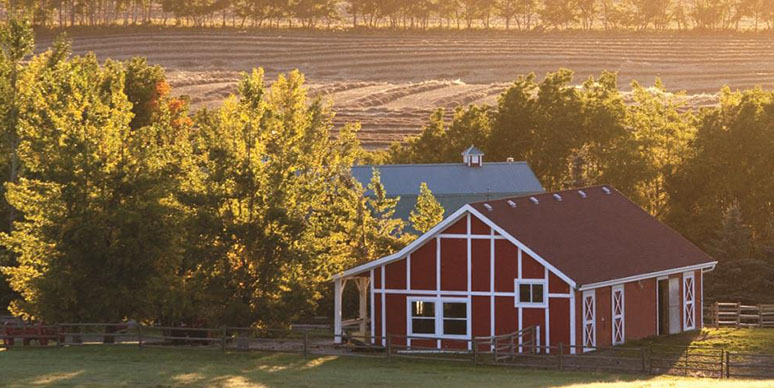Intergenerational farm transfers
Jan 15, 2020

The family farm continues to serve an important role in the Canadian economy and, as such, receives special treatment under income tax law.
More specifically, farmers may transfer qualifying family farm interests to next generation family members – children, grandchildren, step-children, or children-in-law – on a tax-deferred basis during their lifetime using the intergenerational farm rollover provisions of the Income Tax Act.
According to the 2016 Statistics Canada Census, there are in excess of 193,000 farms in Canada. Of those, 72% plan on transferring ownership of their farms to their children, 38% of them plan to transfer ownership within 10 years. Therefore, farmers need to be aware of the tax rollover provisions and some planning tips to help maximize their benefit.
Farm property eligible for this rollover includes:
- Land in Canada
- Depreciable property
- Interest in a family farm partnership
- Shares of a family farm corporation
Farm inventory
It is important to note that farm inventory does not qualify for the rollover. Therefore, farm inventory must be transferred at fair market value (FMV). Since most farmers rely on the cash basis of accounting to report taxable income, the entire FMV of inventory will be included in income upon transfer, since the inventory cost has been previously deducted when it was acquired.
Tip: If you plan to transfer farm inventory to the next generation, you may consider transferring the inventory over a number of years to spread the income and resulting tax liability over those years. Another strategy could be to transfer the farming assets, including inventory, to a family farm partnership or corporation, and then transfer the partnership interest or shares of the corporation to the next generation.
Farm land
Prior to the transfer, the property must have been used principally (more than 50%) in a farming business in which you, your spouse or any of your children were actively engaged on a regular and continuous basis in order to qualify for the rollover provisions.
The Canadian Revenue Agency (CRA) considers that the “use” test applies separately to each legal parcel of land. It is common for farms to have multiple parcels of land where some are entirely used in the farming business while others might be rented, and some might only be partially used in the farming business.
Tip: It is important to analyze each parcel of land to ensure that it is used principally in the farming business in order to avoid unintended tax consequences.
Retroactive denial of rollover
The Income Tax Act contains an anti-avoidance provision that will retroactively disallow a farm rollover should the property be sold within three years of the transfer and one of the main purposes of the transfer was to take advantage of a deduction (for example, the capital gains exemption) available to the next generation. This provision may apply where you have rolled over farm property, shares of a family farm corporation or an interest in a family farm partnership.
Tip: Care must be taken to ensure that the next generation continues to own the transferred property for a minimum of three years in order to ensure that the taxable capital gain does not attribute back to the parent.
As the rules related to the transfer of farm property are very complex, consult with your financial advisor and seek professional tax advice prior to implementing any transfers.



